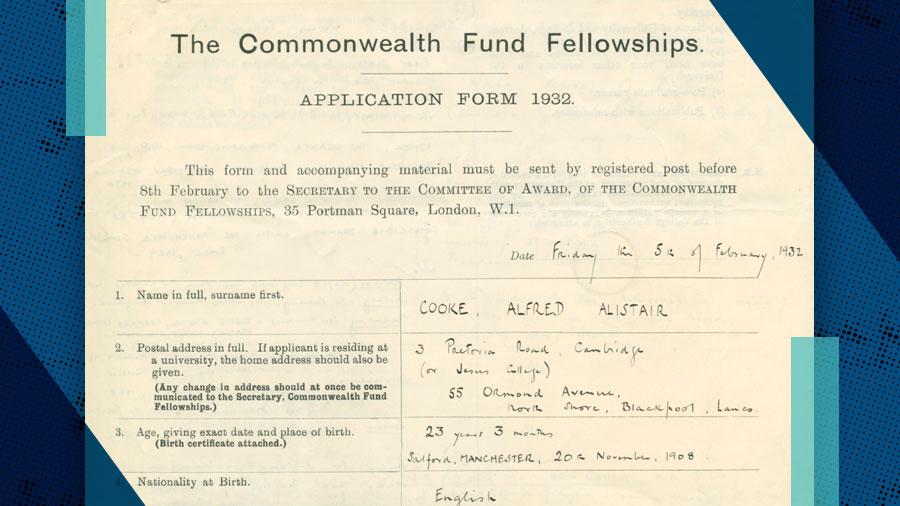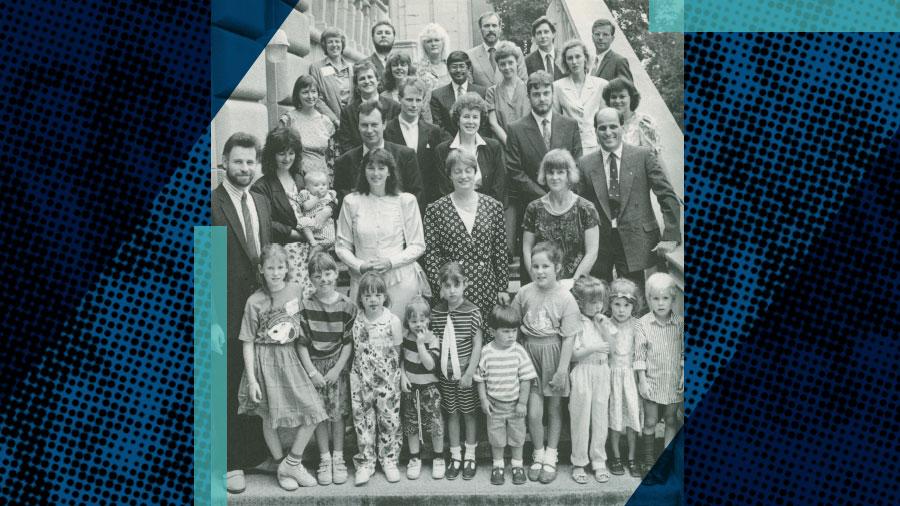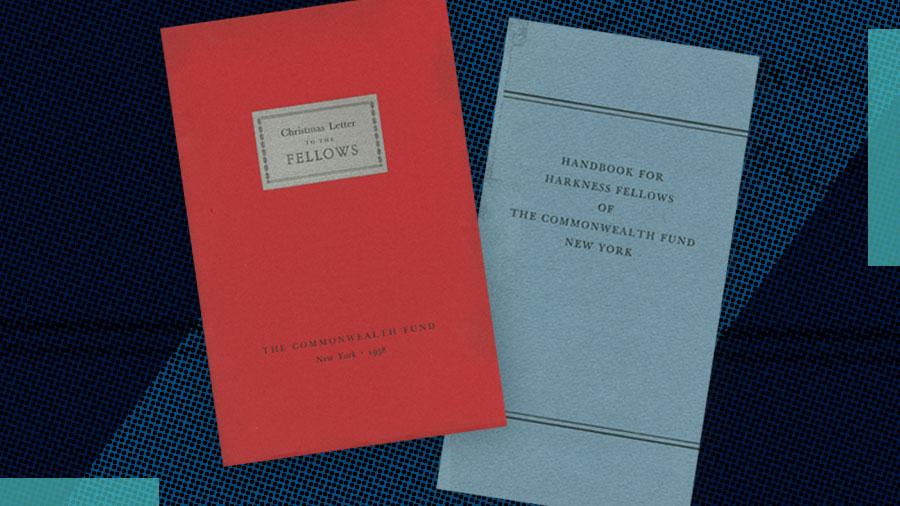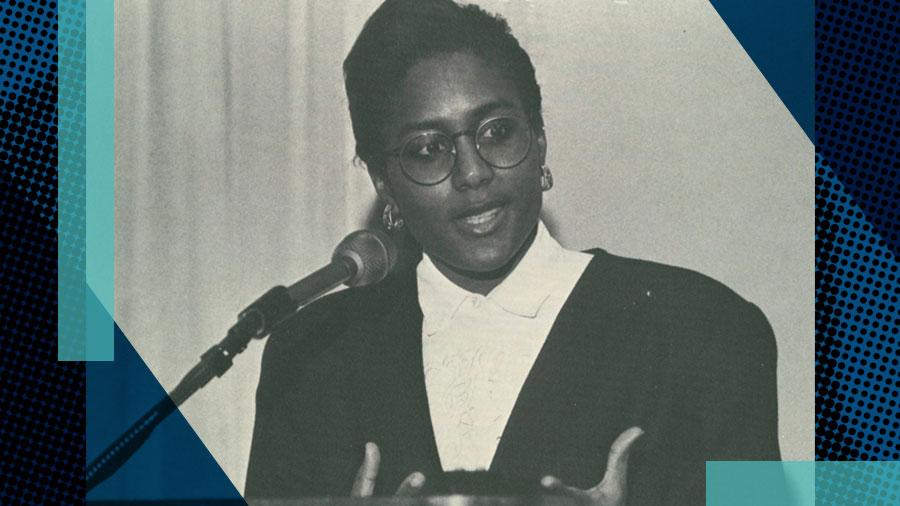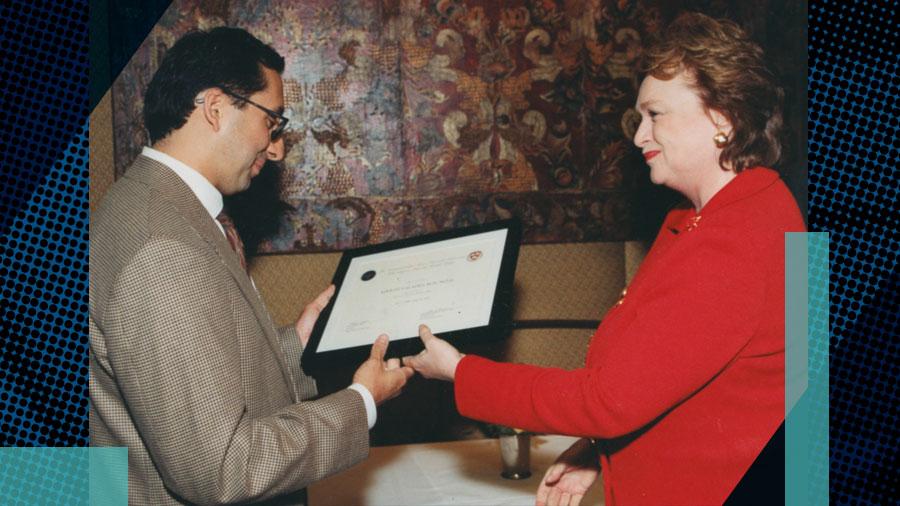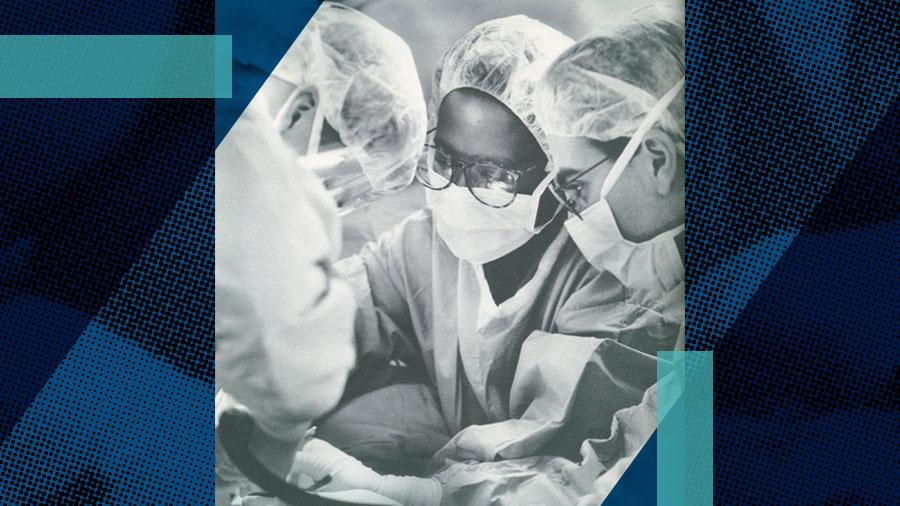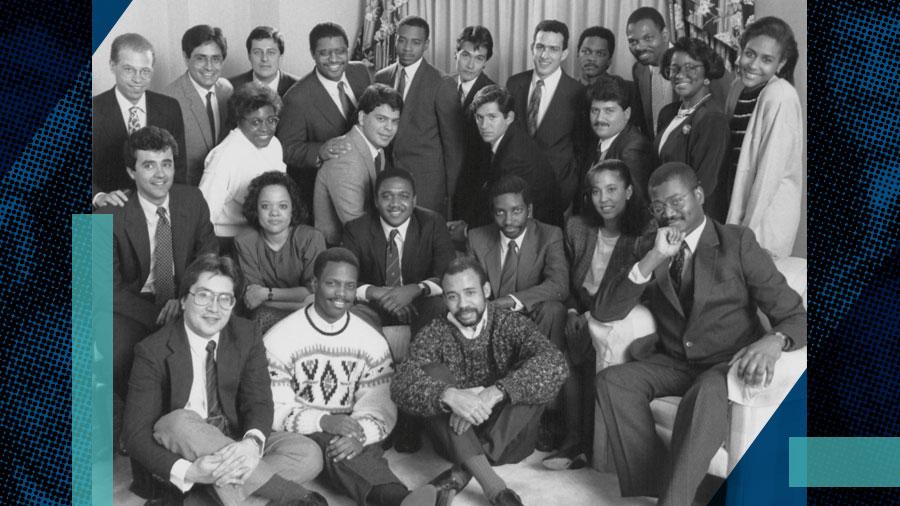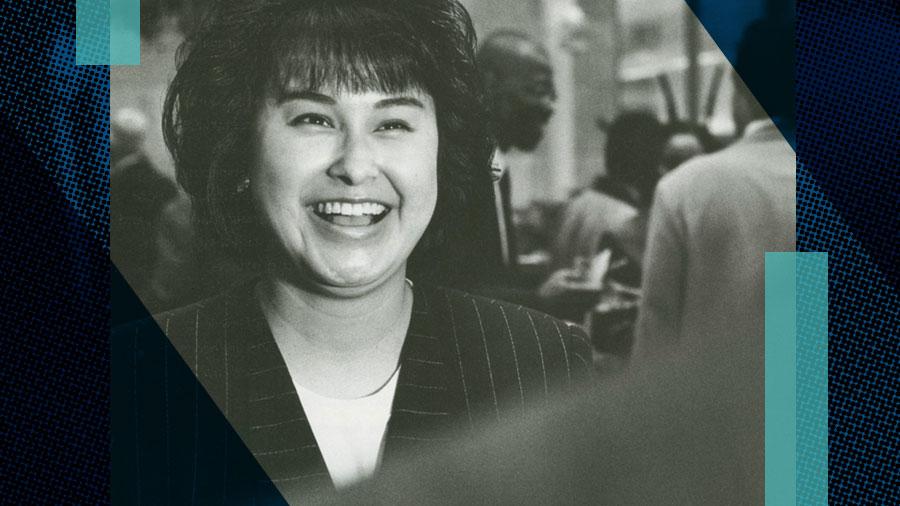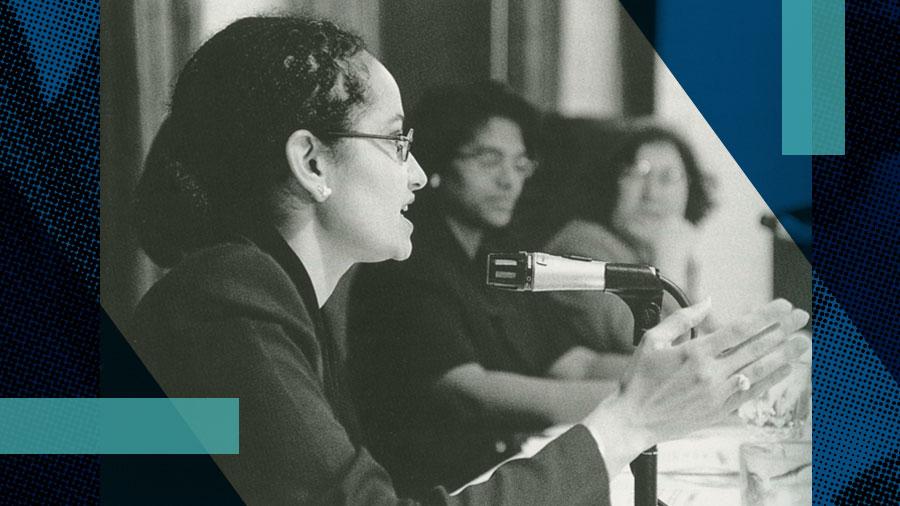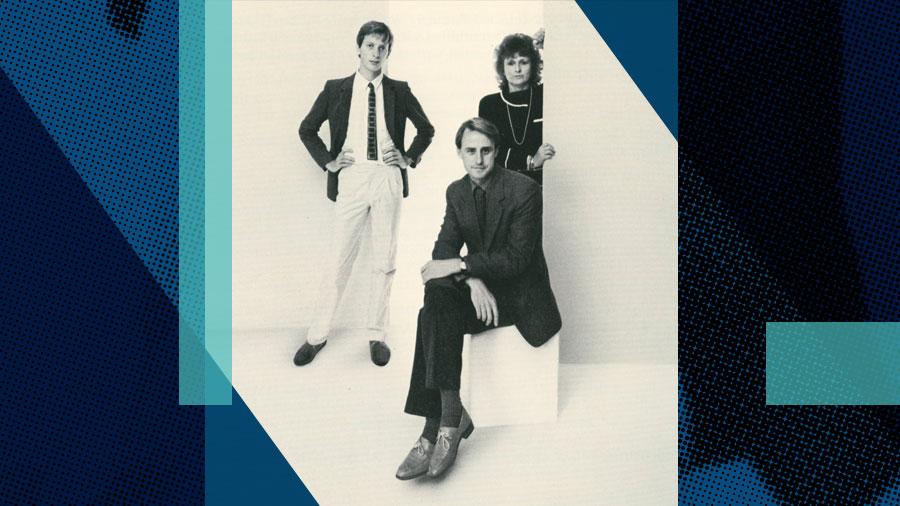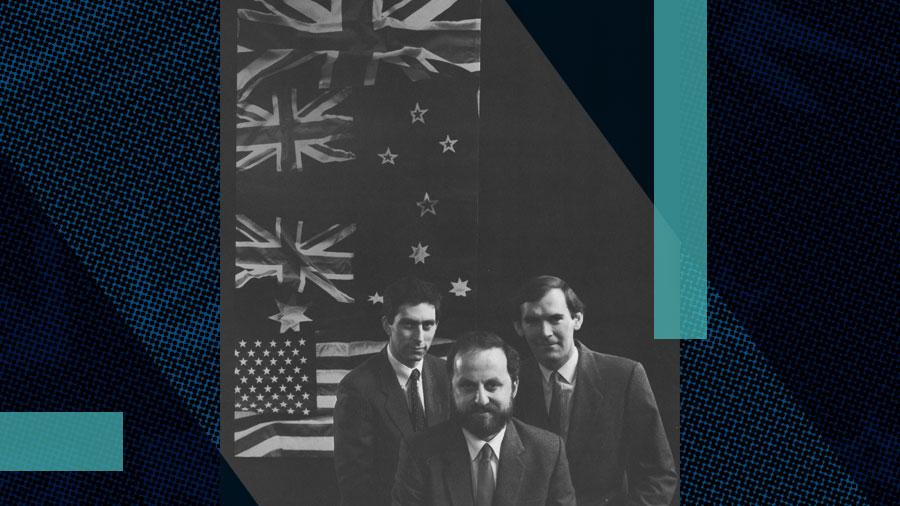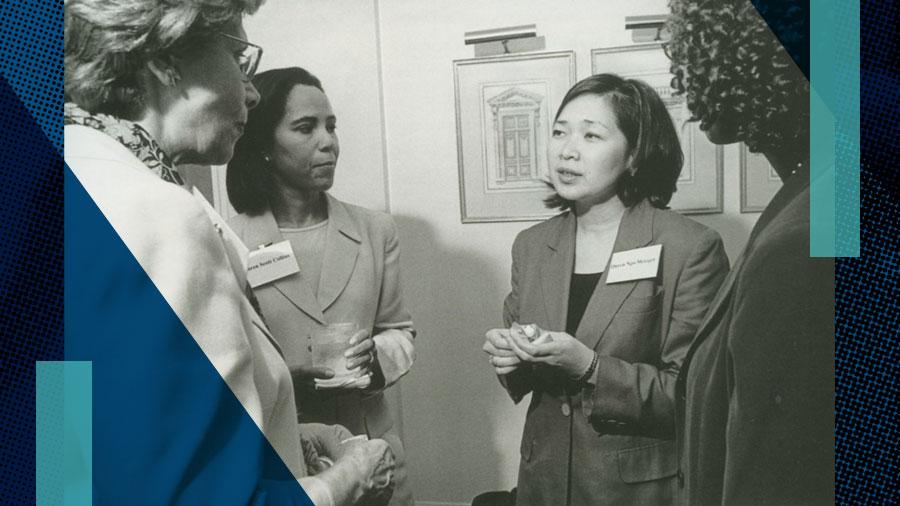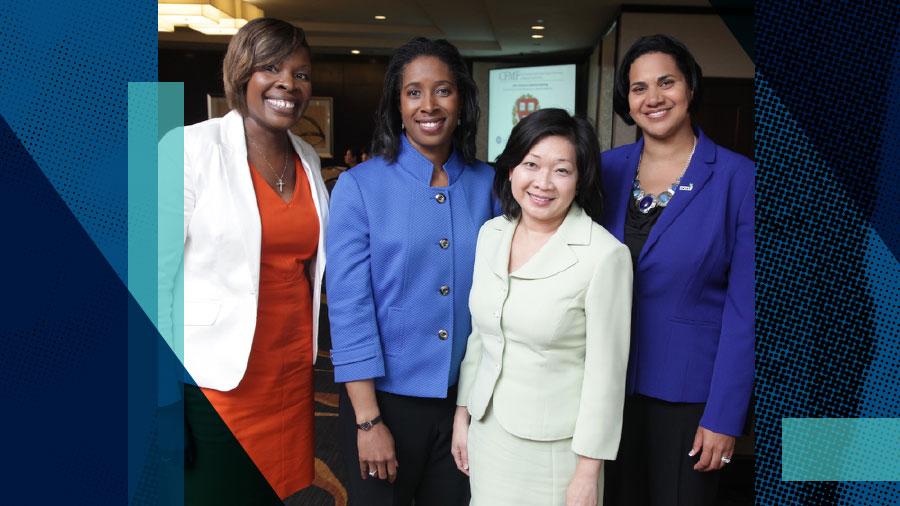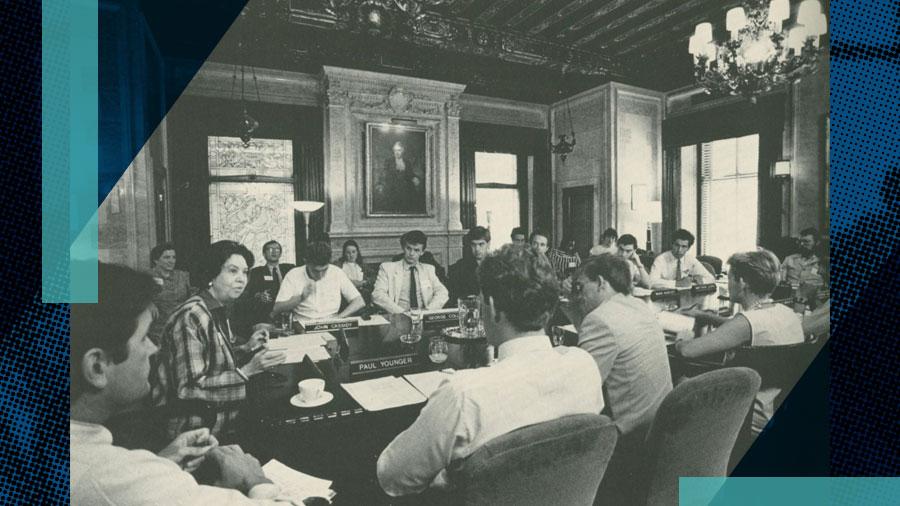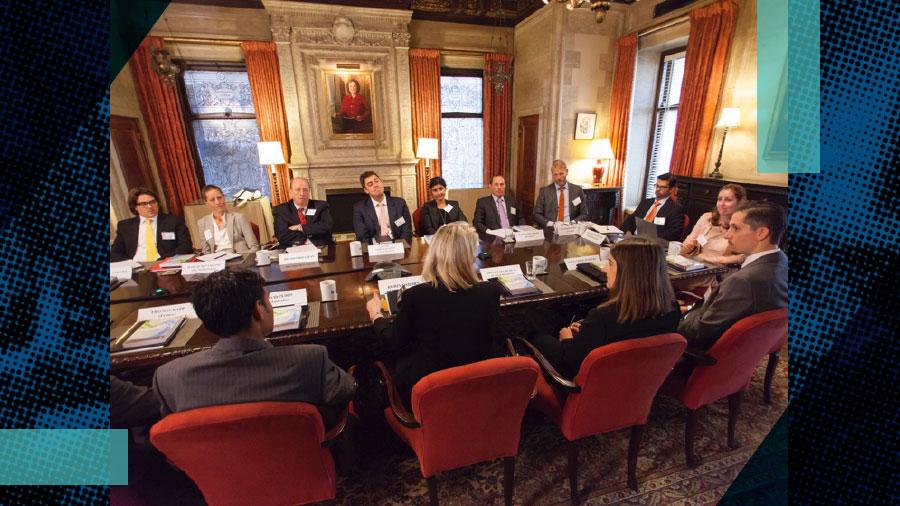Developing Leaders
Almost since its founding, the Commonwealth Fund has invested in tomorrow’s leaders. Originally called Commonwealth Fund Fellowships, the Harkness Fellowships were initiated in 1925 to advance international understanding and encourage maintenance of the “special relationship” between the United States and the United Kingdom. In 1997, the program was transformed into the Harkness Fellowships in Health Care Policy and Practice, open to residents of eight countries, to better align it with the Fund’s mission. Other Commonwealth Fund–supported fellowships, such as the National Medical Fellowship, supported for several decades starting in 1949, and today’s Commonwealth Fund Mongan Fellowship in Minority Health Policy, aim for greater equity in health care.

